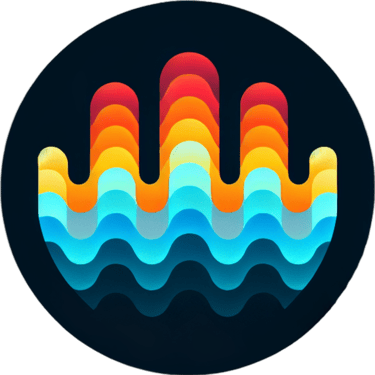Introduction to the INCT-Signals Project
The INCT-Signals project is poised to make significant contributions to the field of signal processing. The project's commitment to advancing communication technologies is epitomized in the upcoming workshop titled 'Communication, Sensing, and Allocation in Future Wireless Systems'. This event is supported by the Northeastern Brazil Section of the IEEE SPS Chapter, showcasing a dynamic partnership aimed at fostering local and international collaboration among researchers.
Objective of the Workshop
The primary goal of this workshop is to create a platform for researchers from various regions to converge, share knowledge, and discuss the latest innovations in wireless systems. It represents a unique opportunity to engage the academic community, particularly benefiting undergraduate and graduate students. By exposing students to hot topics in signal processing, we aim to stimulate their enthusiasm and participation in this critical area of study.
Engagement and Learning Opportunities
The INCT-Signals workshop will feature a series of technical talks delivered by both local and international experts. These sessions are designed not only to enhance understanding of future wireless systems but also to encourage dialogue and networking among attendees. Participants will have the opportunity to explore various aspects of communication technologies, including sensing and resource allocation, thereby broadening their horizons in the field.
Furthermore, these discussions will inspire upcoming generations of researchers. The exposure to cutting-edge research and ongoing projects may ignite passion in students to delve deeper into signal processing and its applications. The INCT-Signals initiative is committed to creating an inclusive environment where the exchange of ideas can flourish.
In conclusion, the INCT-Signals workshop offers a valuable platform for knowledge exchange among researchers and is an essential part of driving forward the discourse surrounding future wireless systems. We encourage participation from all interested parties, as this is an event that promises to cast light on the advancements in signal processing and pique the interest of the local academic community.


